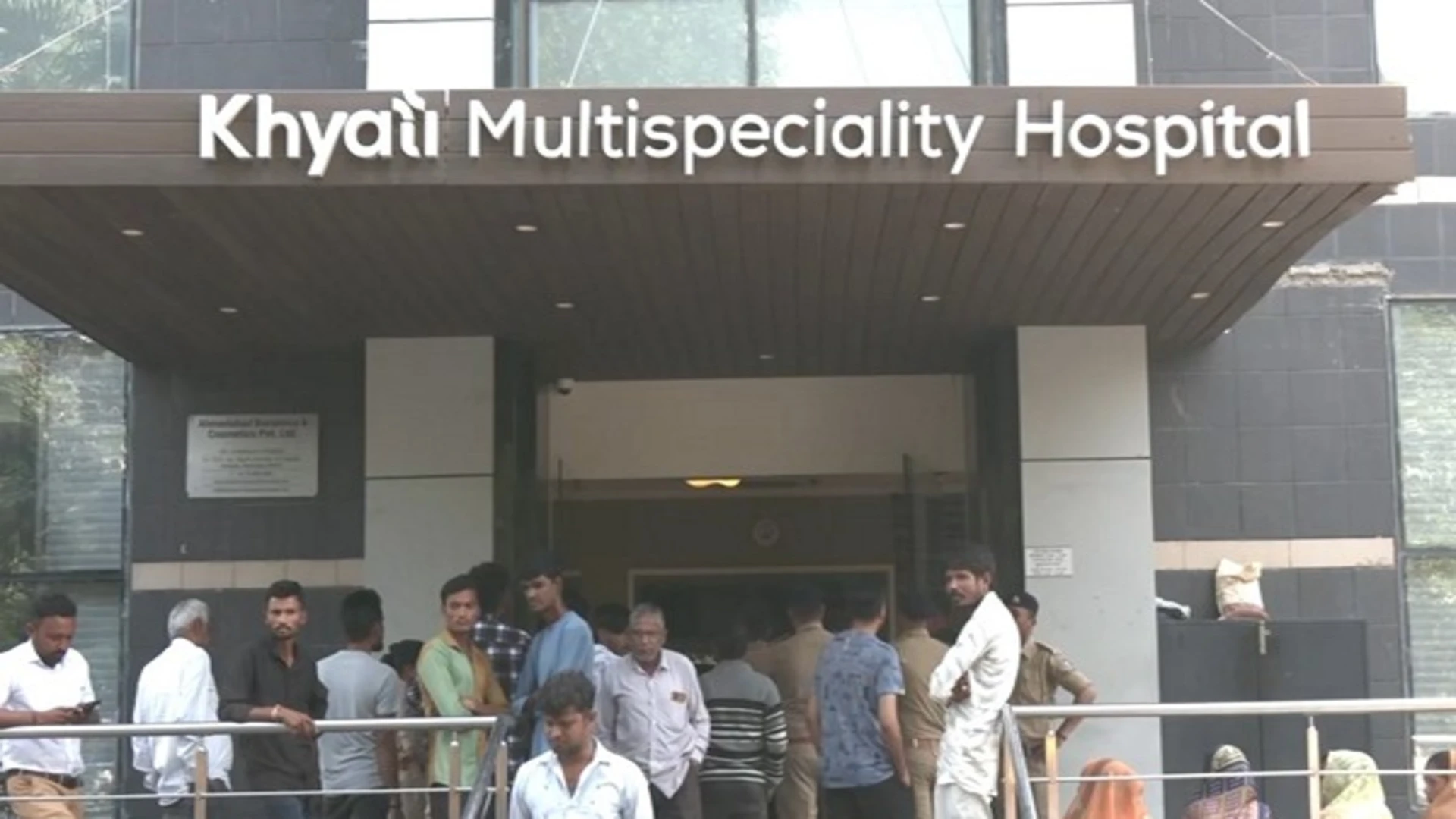
A domestic staff at a guest of approximately Rs 6,000 transaction was pending, he went to this bank where he was told to try the Google Pay Customer service. He then logged onto a site that claimed to belong to Google Pay and dialled the Customer Care number listed there. That number/site asked him to key in his phone number for some reason. He began to do so, and had only typed first 5 digits 99104 when he got a message: Rs 99,104 has been debited from your account!
Yes, we were warned but that still doesn’t make it okay. Given the state of the economy and post- Covid unemployment, one has been reading WhatsApp messages on the RWA chats about the rise in petty crimes and chain snatchings. Be careful when you go for your morning walks, leave your expensive rings and chains behind, don’t wear fancy watches and be careful of your cellphones. And at night, lock your doors.
But if you were mugged or robbed there was a procedure in place. You knew whom to call and the police knew what to do, more or less. However, this is not the case when you get robbed in the digital world: The rising graph of cybercrime is as chilling as the crime that takes place offline. With just one sil- ver lining: You are not assaulted physically. That’s what the law officers will tell you. But somehow
that doesn’t take away the extent of damage it can wreck, ask any victim.
What is worrying is the rising rate of incidents. In the last ten days, I have heard of at least three incidents of fraud, two were online transactions. Take the latest one. A domestic staff at a guest house made a payment of approximately Rs 6,000 via Google Pay. As the transaction was pending, he went to this bank where he was told to try the Google Pay Customer Service. He then logged onto a site that claimed to belong to Google Pay and dialled the Customer Care number listed there. That number/site asked him to key in his phone number for some reason. He began to do so, and had only typed first 5 digits 99104 when he got a message: Rs 99,104 has been debited from your account!
He had the presence of mind to take a snapshot and rushed to the bank where he was told that this was a police matter. So he went to the local police station where a FIR was lodged. And that was that. This was five days ago and he is still running from pillar to post, with little hope of getting his money back. He went to the cyber cell where he was told that they would only step in once Delhi Police asked them to take the case. The bank has written to its head office (in Bangalore) asking for details of the money trail. There is little chance that by the time the red tape is done with the money would still be lying in the banks. As for the phone number he had called, it is still working, located somewhere in West Bengal. The perpetrators are not even bothering to switch it off, knowing all too well that no one will track it down, and in all probability it would be registered to a hapless third party.
What is worse is that both the cops and bank officials will tell you that this is just a statistic; they get over a dozen such cases daily where various payment gateways and other means are used to fraud the hapless. Yet rarely can they trace the money and bring it back. My local cops say they have not succeeded in even one case. It’s not their fault. Our law enforcement agencies are not equipped to deal with cybercrime, and yet the number of Payment Gateways keeps multiplying every day. Forget the enforcement agencies, even the legal systems are not in place to deal with such situations. And this, at a time when we are encouraged to do all our transactions online, when the courts are debating data privacy and the world is looking at data as a fundamental right.
Points out Samir Singh, CMD at Orka Consultancy that specialises in New Technologies, “In the world of algorithms, big data, artificial intelligence and machine learning, India is prehistoric in nature in its dealing with these is- sues. For example, a 1,000 MW nuclear power plant was hacked in south India and till date it’s a mystery as to who hacked into this facility. Anyone would shudder to think of the repercussions if this was to blow up. The battle today is of bits and bytes, not military hardware. To cite a scenario developing between the two global superpowers, the battle is not about hardware, it’s about software. Recently there was an incident quoted where the Chinese accessed the entire American data, only to demonstrate the Chinese prowess in this business vertical.” He adds, “Closer home, one of the most efficient softwares adopted by the US government has been developed in the state of UP. The question then arises, why are we unable to tap into our locally developed resources? The economy cannot be digitalised unless you secure your data; and to expect individual business entities and PSUs to make efforts on their own is fool- hardy. The government has to step in.”
In today’s world, the battle has to be fought at all fronts, for as Samir Singh points out, data security is as much a fundamental right as any other.















